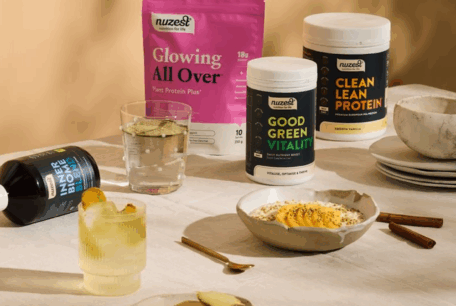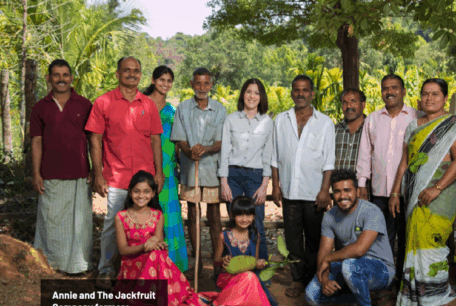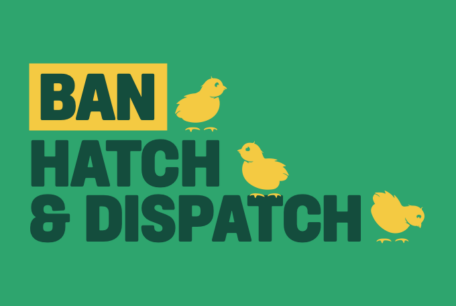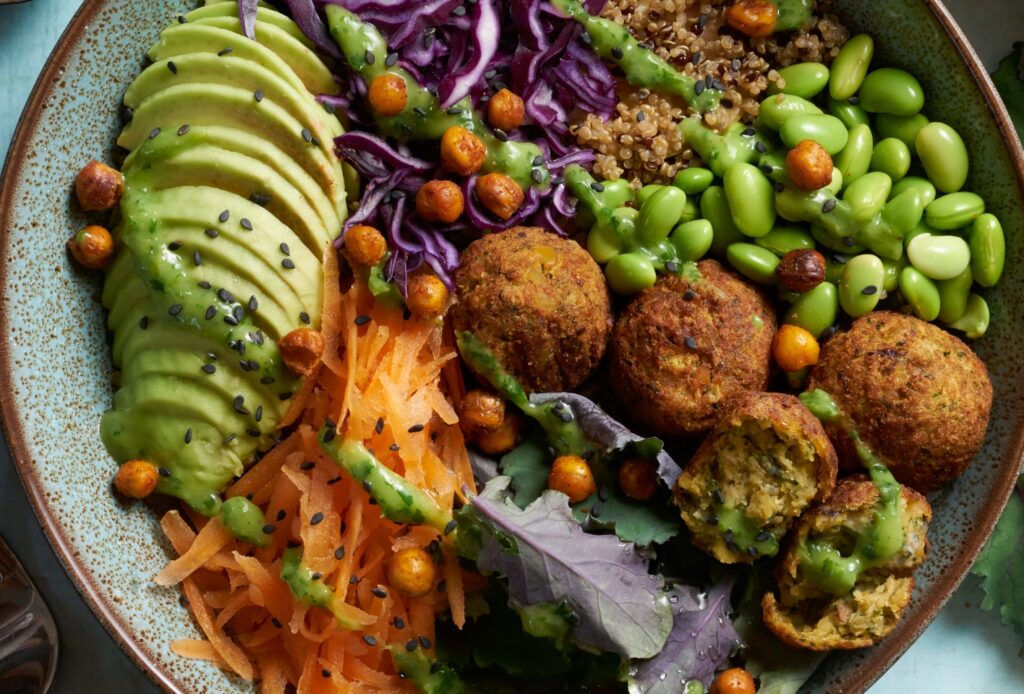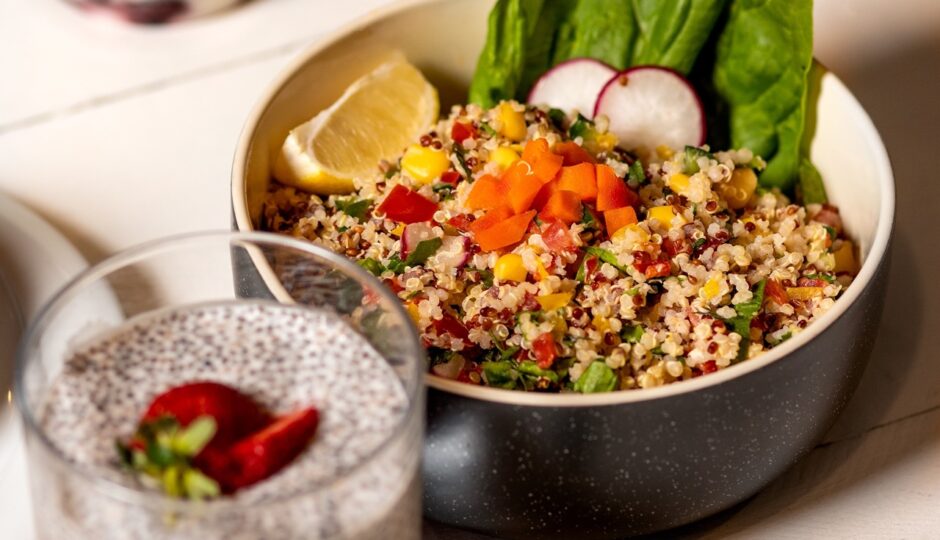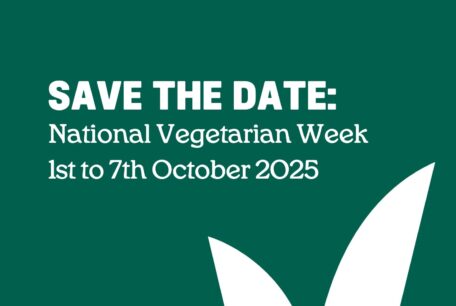
Could milk be kinder?
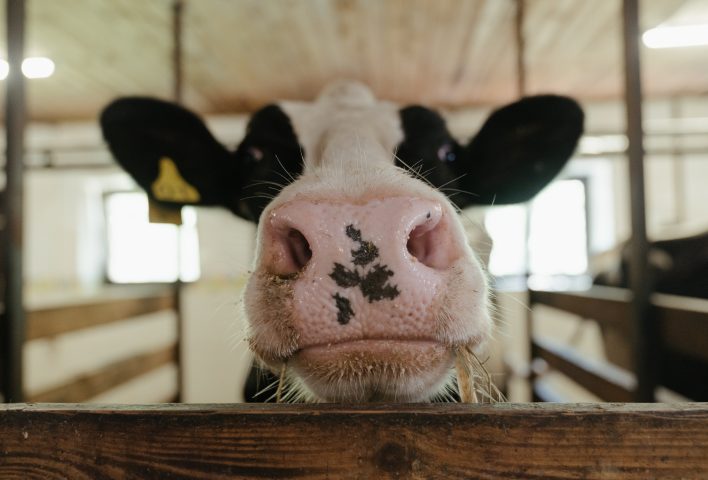
Every day, all over the UK, millions of people reach for a pint of milk to pour over their cereal or to add to their tea or coffee. As a nation, we use 13 million litres of milk every single year.
Perhaps the main difference we might notice about the label is whether it’s skimmed, semi-skimmed or full fat. But how much do we really know about the milk we are using?
Over the last couple of decades there have been times when UK dairy farmers have found themselves in crisis, unable to make a profit as the price they are paid for their milk falls and does not cover the cost of production. Inevitably many thousands of dairy farmers have gone out of business, but economic pressures and the never-ending effort to increase the profitability of milk is driving changes in the way milk is being produced too.
Many of us would be alarmed to discover that the idealised image of cows grazing in fields is being compromised by the rise of intensive indoor dairy farms. These farms can house many hundreds of cows confined for most, if not all, their lives.
Clearly the traditional way of dairy farming is being undermined but the true picture of what is happening is not something we as consumers will necessarily be aware of.
So how many factory dairy farms are there in the UK?
Curiously the facts are in short supply when it comes to knowing how many factory dairy farms there are in the UK. Perhaps somewhat surprisingly, the UK Government does not currently publish statistics on the number of intensive indoor dairy farms that exist in the UK. This means it’s not known exactly how many cows are in these systems or the amount of milk they are producing.
In 2016 research commissioned by the organisation World Animal Protection examined planning applications for intensive indoor dairy farms in the UK. A report published by this organisation confirmed the existence of 100 intensive indoor dairy farms, with a further 43 suspected to permanently house cows all year round. Some of the largest units in the UK can hold over 2,000 cows, meaning tens of thousands of cows may never have set foot on grass.
100
intensive indoor dairy farms confirmed in the UK
43
additional farms suspected to permanently house cows all year round
2,000+
cows housed in the largest units meaning possibly tens of thousands across the UK
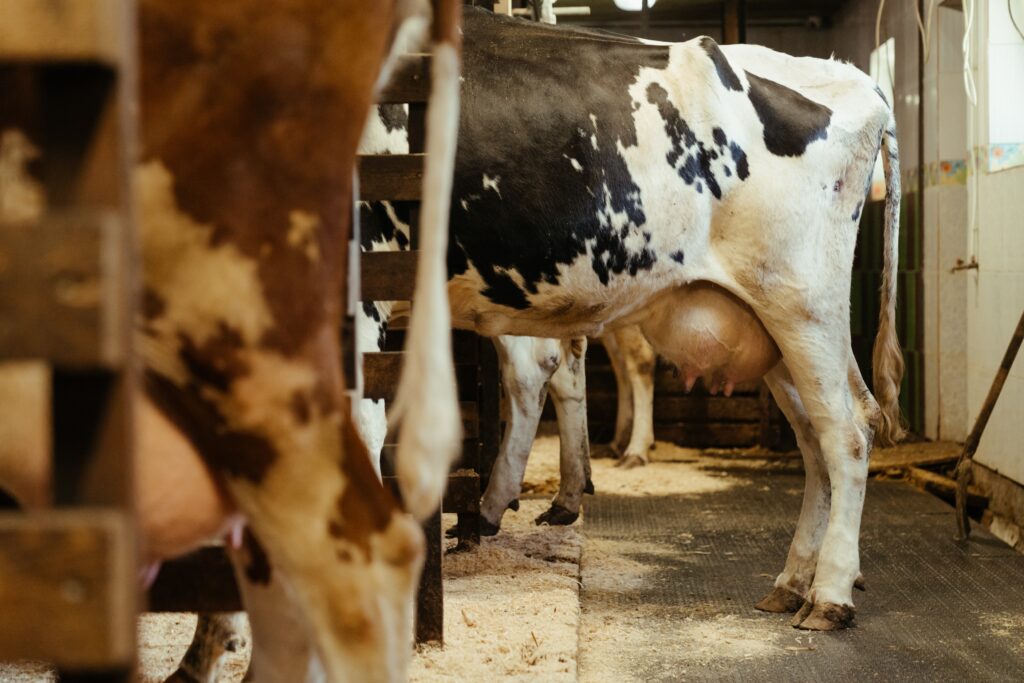
The reality for factory-farmed dairy cows
Cows on factory dairy farms are housed in vast sheds which are a far cry from the lush fields outside. Inside, the cows are limited to walking the passageways between cubicles rather than roaming around paddocks. Studies of cows kept indoors have concluded that intensive indoor dairy cows are at a higher risk of udder infections and
lameness.
Their ability to express their natural behaviours also becomes limited too. Every herd has a hierarchy and the restrictions pf being permanently housed in sheds can disrupt this. It also may come as a surprise to many that cows also form social groups and even have cow ‘friends’ they prefer to be with so they can groom each other.
Research has also shown when dairy cows are confined they display signs of anxiety, and engage in more aggressive interactions such as head butting.
So why would farmers decide to keep cows this way? Undoubtedly, as with many intensive farming practices, many cite the need to produce food as cheaply as possible. But studies have shownby keeping pastures in good condition and using breeds of cows that are more robust, pasture-based dairy farms can make a profit.
The evidence shows people are concerned about dairy cow welfare and want to see the UK’s cows continue to graze on grass in the future.
How can we help keep cows in fields?
If we want to support pasture-based dairy farmers then perhaps there is a lesson to be learned from other types of food? The demand for free-range eggs has grown, with an estimated 52% of all eggs sold in supermarkets and other food shops now being free-range and organic.
But what about free-range milk? Unfortunately, because of the way milk is processed – which involves mixing milk from both intensive indoor and grazing herds – until now it has been almost impossible to choose milk from pasture-based dairy farms, where cows are free to graze on grass.
This evidence shows people are concerned about dairy cow welfare and want to see the UK’s cows continue to graze on grass in the future. They are demanding clear labelling of their milk to help ensure this happens and they are willing to pay a bit more for their milk. This can only bring benefits for cows, dairy farmers and consumers.
In 2015 a YouGov poll commissioned by World Animal Protection showed:
72%
of respondents were concerned about the welfare of cows housed permanently indoors
87%
of respondents said they wanted to buy free-range milk from pasture-grazed cows and for farmers to receive a good price
86%
agreed that UK dairy cows should be able to graze on pasture and should not be permanently housed indoors
56%
said they would buy free-range milk even if it cost more
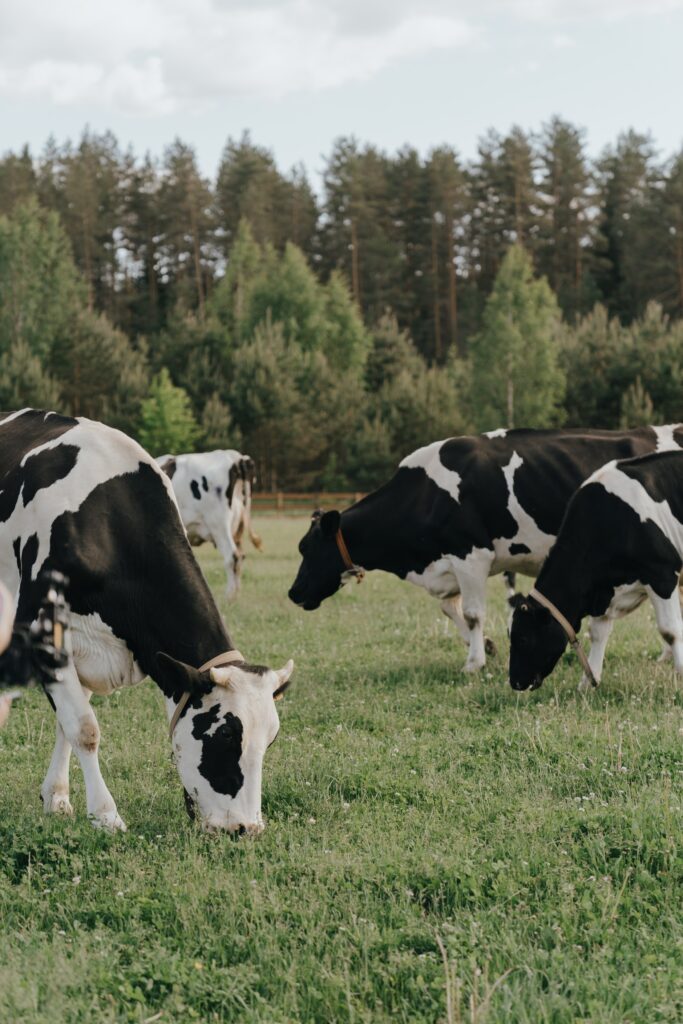
The free-range milk alternative
The Free-Range Dairy Network has created the Pasture Promise label, guaranteeing that its milk comes from cows that have grazed outside for 180 days and nights. The farms are independently audited to check the cows have had the freedom to graze for this period. A new brand of milk called Free-Range Dairy Farmers Milk has been created and is now available in stores across the country.
As consumers we can make a difference by choosing free-range milk alongside our free-range eggs. As with laying hens, each cow is an individual sentient being. Of course, cows traditionally need to be housed over the winter months when grass growth is poor, but how can it be right to permanently house and deny access to pasture to a grazing animal all year round?
Honest milk labelling is important, and if we want to keep dairy cows that provide our milk out in the fields then we need to start buying free-range milk.
To buy Free-Range Farmers Milk visit www.freerangedairy.org
As consumers we can make a difference by choosing free-range milk alongside our free-range eggs. As with laying hens, each cow is an individual sentient being.
Additional Notes
With thanks to Ian Woodhurst and his team at World Animal Protection UK for their assistance with this article.
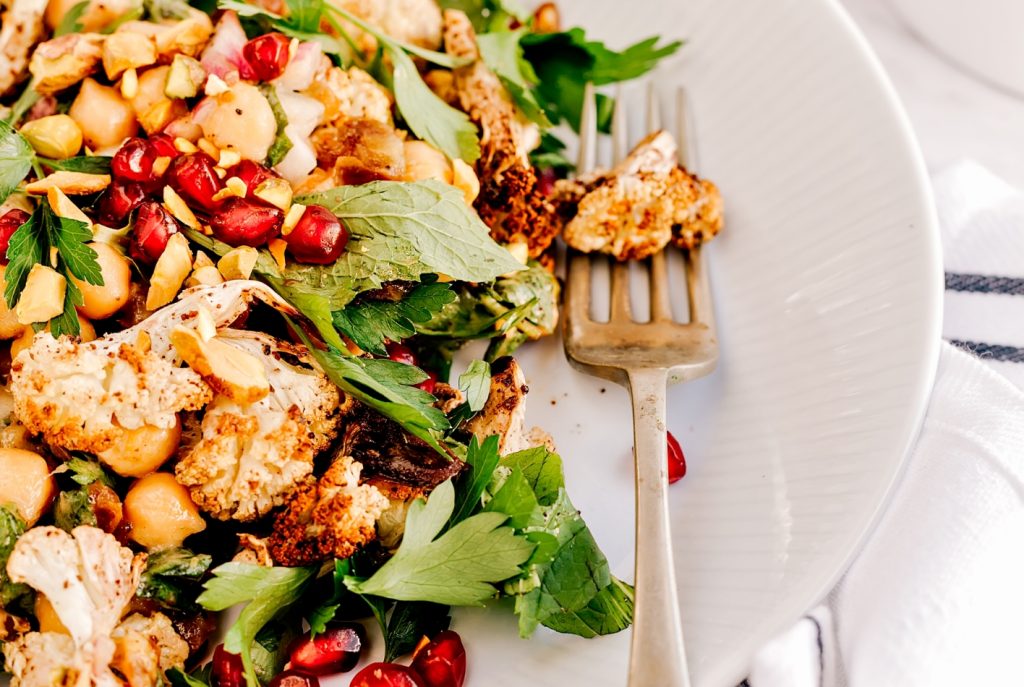
Explore our recipes
Discover a world of vegetarian inspiration
Test carousel
Some dummy text
One-word
A few more words
Some more dummy text
